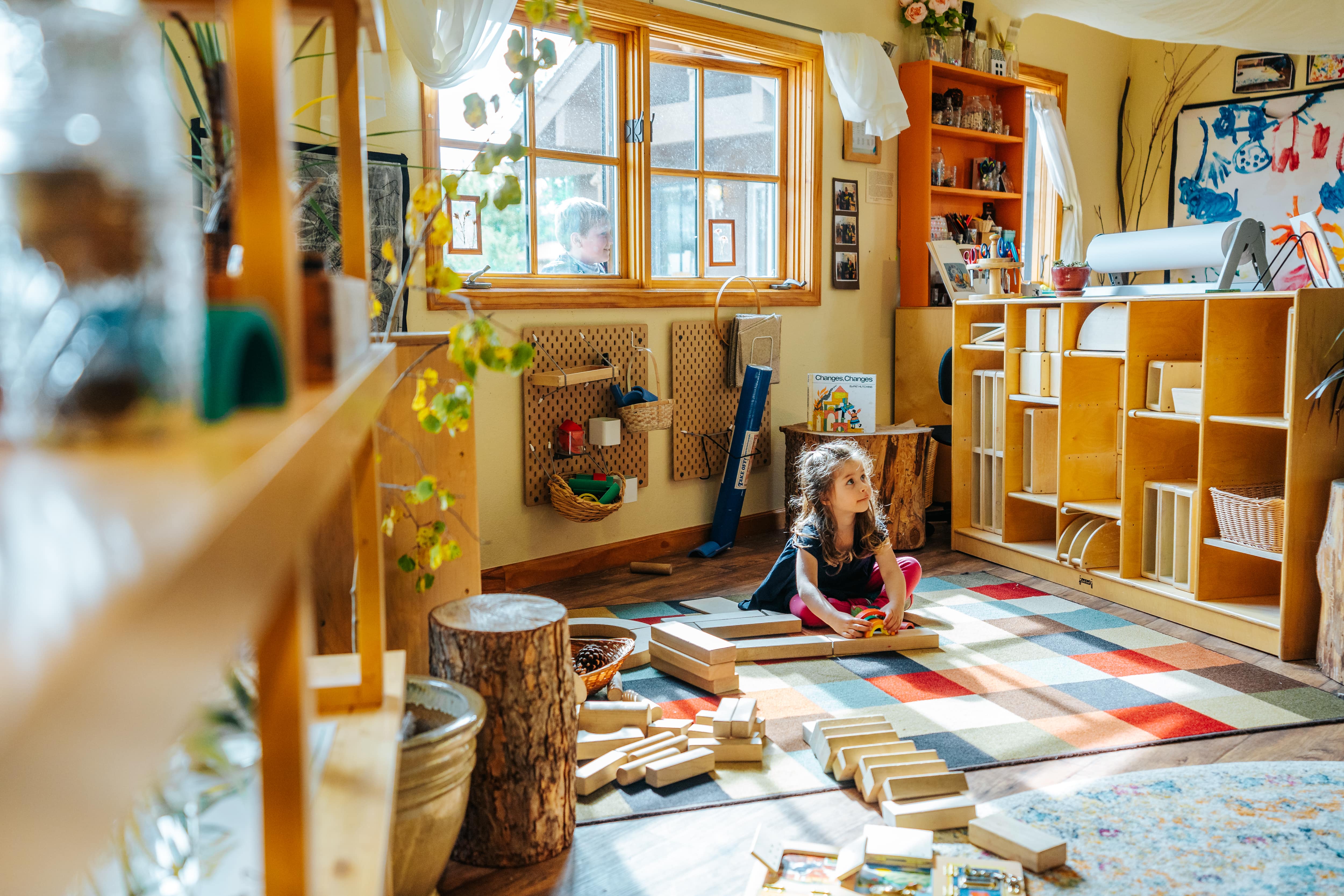
The Reggio Emilia approach to education, developed in the Italian town of Reggio Emilia, is renowned for its emphasis on collaboration, creativity, and child-led learning. One key aspect of this approach is the inclusion of classroom jobs, which provide children with opportunities to take on responsibilities and contribute to the functioning of the classroom community. These jobs not only help to develop important life skills but also foster a sense of ownership and pride in the classroom environment.
Why are classroom jobs important in the Reggio Emilia approach?

In the Reggio Emilia approach, the classroom is seen as a microcosm of the wider community, where children learn to interact, collaborate, and contribute meaningfully. Classroom jobs play a vital role in this process by giving children the opportunity to engage in real-life tasks and take ownership of their learning environment. These jobs are not merely token gestures but instead provide children with genuine responsibilities and decision-making power.
By assigning classroom jobs, educators aim to:
- Develop a sense of community and belonging
- Promote independence and responsibility
- Foster collaboration and teamwork
- Encourage problem-solving and decision-making
- Enhance self-esteem and confidence
Through their involvement in classroom jobs, children learn that they are valued members of the community, capable of making meaningful contributions. This sense of belonging and responsibility lays the foundation for their future roles as active citizens in their broader communities.
Examples of Reggio Emilia classroom jobs

The specific classroom jobs implemented in a Reggio Emilia-inspired classroom can vary, depending on the age and abilities of the children. However, here are some examples of common classroom jobs:
- Classroom Librarian: Responsible for organizing and maintaining the classroom library, ensuring books are properly shelved and accessible to all.
- Materials Manager: In charge of managing and restocking art supplies, ensuring that materials are available for various projects.
- Line Leader: Leads the line when transitioning between activities, helping to maintain order and safety.
- Weather Reporter: Monitors and reports on weather conditions, updating the classroom weather chart.
- Recycling Coordinator: Ensures that recyclable materials are properly sorted and disposed of in the classroom.
- Gardener: Takes care of the classroom plants, watering them regularly and ensuring they receive adequate sunlight.
- Table Washer: Cleans and tidies the tables after activities or meals, promoting cleanliness and hygiene.
- Message Messenger: Delivers messages or important notes to different classrooms or staff members.
These are just a few examples, and educators can tailor the jobs to suit the specific needs and interests of their classroom community. It's important to rotate the jobs regularly, giving every child the opportunity to experience different roles and develop a wide range of skills.
Implementing classroom jobs effectively

When implementing classroom jobs in a Reggio Emilia-inspired classroom, it is essential to consider the following:
- Student Choice: Allow children to express their preferences for particular jobs, taking into account their interests and strengths.
- Clear Expectations: Clearly communicate the responsibilities and expectations associated with each job, ensuring children understand their roles.
- Collaboration and Reflection: Encourage children to work together, collaboratively discussing and reflecting on their experiences in their respective jobs.
- Authentic Experiences: Ensure that the jobs assigned have real purposes and contribute to the functioning of the classroom community.
- Teacher Support: Provide guidance and support to children in their roles, helping them develop the necessary skills and confidence.
By following these guidelines, educators can create a vibrant and inclusive classroom community, where children actively participate in the daily operations and contribute to the overall learning experience.
Conclusion
Classroom jobs in the Reggio Emilia approach serve as valuable opportunities for children to develop a range of skills, including responsibility, collaboration, and problem-solving. These jobs foster a sense of ownership and pride in the classroom community, creating a supportive and engaging learning environment. By implementing and rotating classroom jobs effectively, educators can empower children to become active participants in their own education, preparing them for lifelong learning and meaningful contributions to their communities.